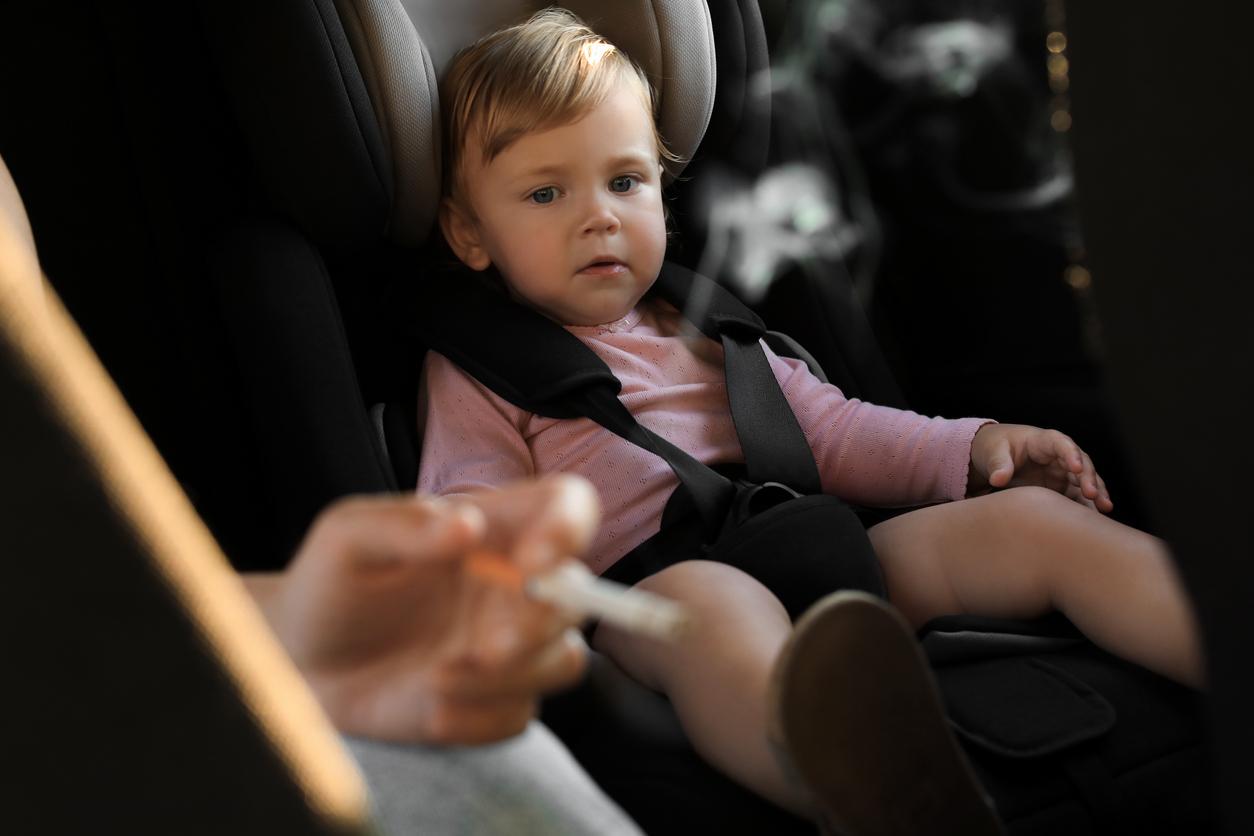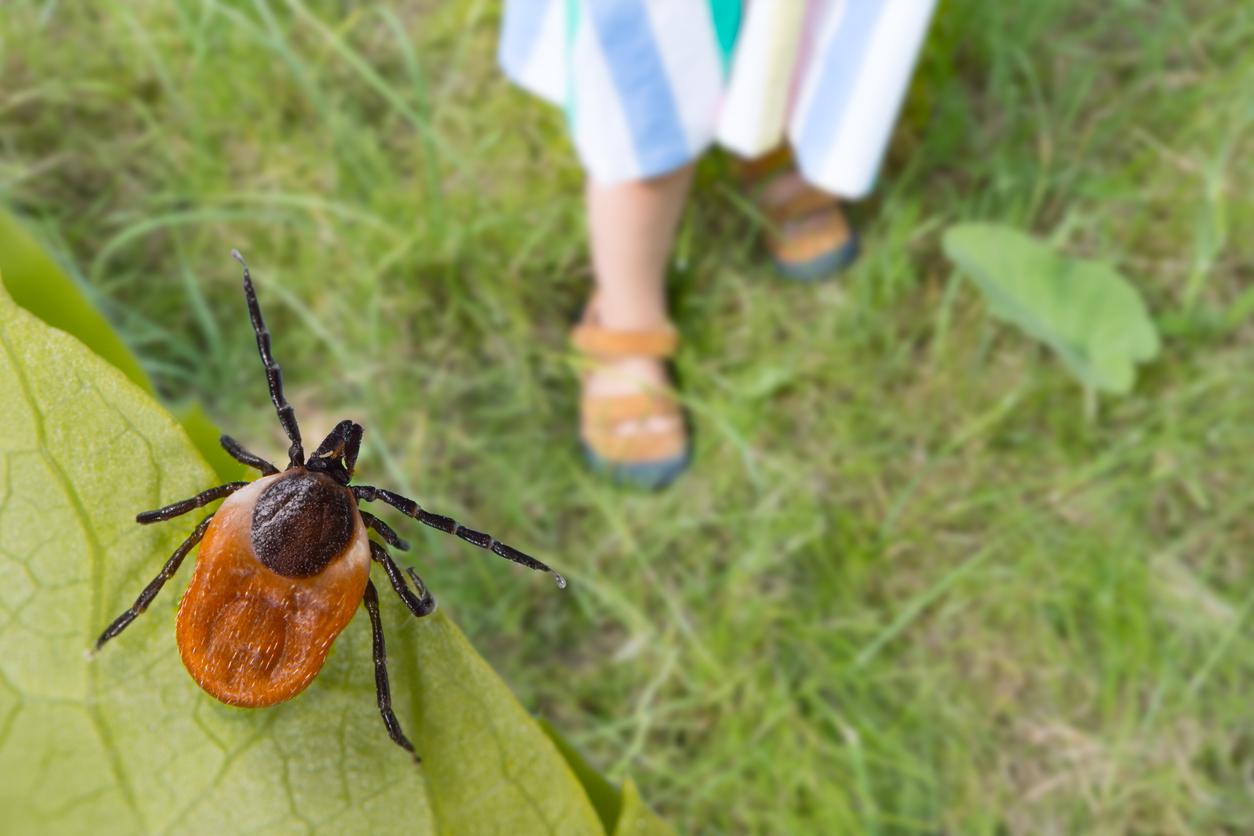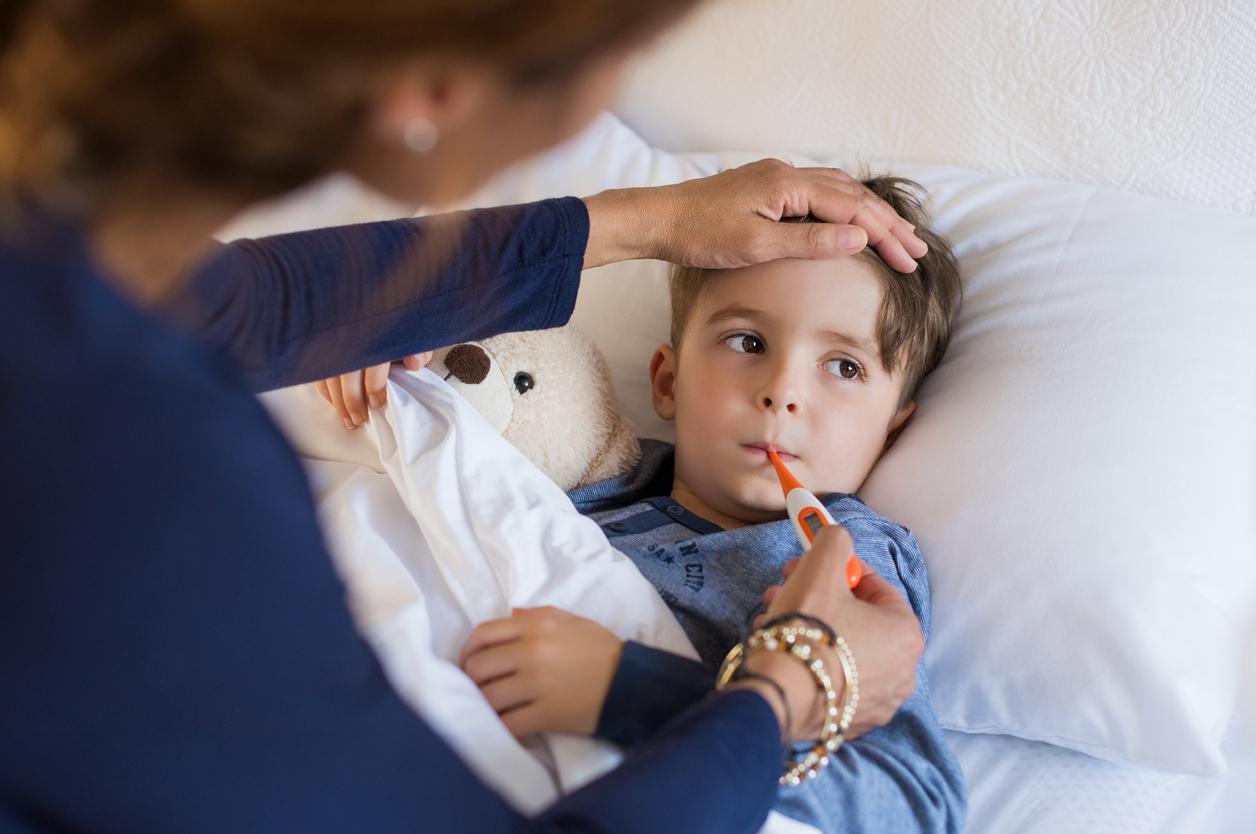Inhale cigarette smoke from others can permanently affect children’s health by modifying their epigenome, as well as their risk of certain diseases such as asthma and cancer.

- Inhale cigarette smoke from others leaves a lasting imprint on children’s health by modifying their epigenome, thus increasing their susceptibility to certain diseases such as asthma and cancer.
- The study, carried out on 2,695 European children, shows that domestic exposure alters the methylation of DNA, a mechanism regulating the expression of genes.
- Despite the tobacco restrictions in public places, the home remains a major place of exhibition. Researchers call for stricter measures to protect children.
Cigarette smoke does not just harm smokers: it also leaves a lasting imprint on the health of children exposed to the house. A study by the Global Health Institute of Barcelona (Isglobal) in Spain, published in the journal Internationalreveals that passive smoking changes the epigenome of children, essentially influencing their risk of developing certain diseases in adulthood.
A lasting epigenetic signature
Epigenetics is the set of modifications that influence the expression of genes without altering their sequence. Among these changes, DNA methylation acts as a kind of “brand” that can activate or inhibit certain genes. The study has shown that children exposed to cigarette smoke from others have DNA methylation alterations in 11 genomic regions, some of which are associated with diseases such as asthma and cancer.
The analysis was carried out on blood samples of 2,695 children aged 7 to 10, from eight European countries. The researchers compared the degree of methylation according to the number of smokers present in the home (0, 1 or 2 and more). The results indicate that the epigenetic effects of passive smoking are similar to those observed in active smokers or in exposed children in utero at the cigarette.

Better protect children from passive smoking
Despite the increasingly strict regulations on tobacco in public places, the home remains a major exposure source for children. In 2004, 40 % of children worldwide were exposed to passive smoking, with consequences on the respiratory, cardiovascular, neurological and immune system. Researchers insist on the need for stricter measures to protect children, beyond a simple call for individual responsibility. “Exposure to tobacco is a question of public health, but also an issue of social justice” underlines Marta Cosin-Tomàs, who works at Isglobal, in a press release.
Faced with these results, it appears more than ever, according to scientists, to put in place measures to limit children’s exposure to secondary smoke. Awareness, tobacco prohibition campaigns in shared enclosed spaces and support for families in difficulty can in particular constitute effective action. In particular the exhibition from an early age, we could thus preserve the genetic heritage of children and prevent many diseases in adulthood.

















